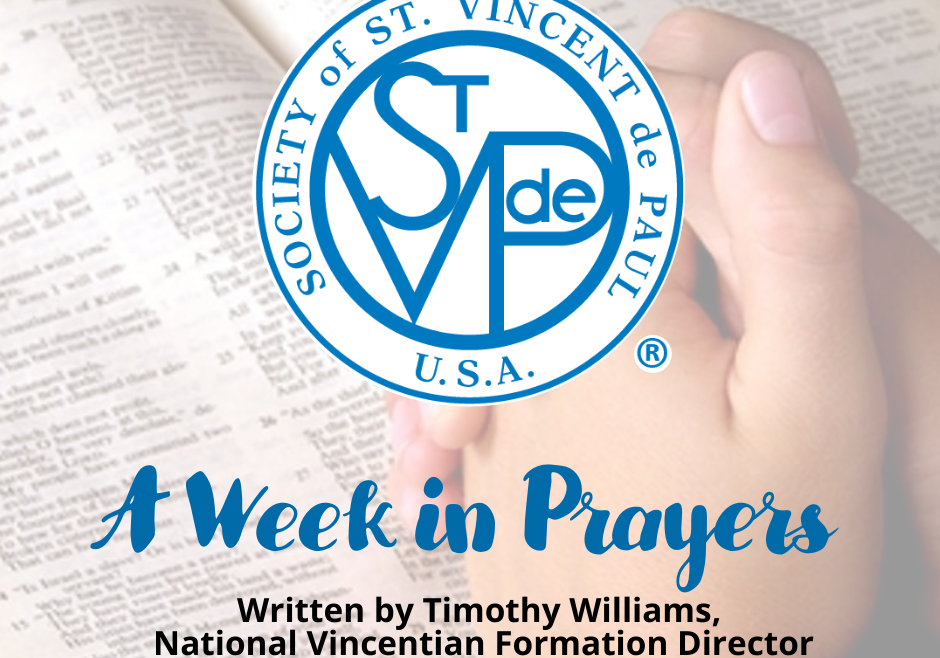Studying the words of our Vincentian predecessors helps to remind us of the challenges we share, and the spirituality, traditions, and friendship that bind us to them and to the poor. For example, in the late 19th and early 20th centuries, some members of the Society in the United States began to adopt a term for home visitors: the friendly visitor, a term that captures what our Rule now calls establishing “relationships based on trust and friendship” with the neighbor. [Rule, Part I, 1.9]
The Proceedings of the National Conference of the Society of St. Vincent de Paul, held in Boston in June of 1911, contains numerous accounts of the importance of this personal and spiritual connection which remains at the heart of our Vincentian vocation.
In a talk about our works of love, Fr. Hugh Monaghan of Baltimore explained the importance of each member committing at least an hour a week to the work of visiting families, bringing gentleness, patience, and perseverance to those visits, so that the family may “realize that there is someone interested in them, someone who does care when things go wrong, someone who makes their joys and sorrows his own.” [Proceedings, p.77]
What greater gift could we bring than to reassure our neighbor not only that while we are there, they are the most important people in the world to us, but that when we leave, their troubles are also our own? If it takes one month, or six, or even ten years to make a difference in a neighbor’s life through our friendship, Fr. Hugh said, we will have “accomplished a work of charity greater, by far, than could be represented by any amount of money.” [Ibid, p.77]
It was in this spirit of friendship and mercy, also, that James Dougherty of New York explained our obligation to get to know the neighbor ourselves, not to rely upon, or contribute to shared databases (“card catalogs”) to determine a neighbor’s worthiness for assistance. Pointing out that our mandate to perform works of corporal mercy does not include any “conditions as to the character of the needy,” Daugherty went on to explain that many in need would “rather die than expose their condition,” which obliges us, in respect of their dignity, not to share their names and stories. [Ibid, p.119]
We cannot understand Christ’s reminder that the poor always will be with us apart from his admonition that our treatment of the poor will be judged as if done to Christ Himself. How we serve the poor is not a measure of our efficiency, but a measure of our love and of our faith.
Today, as in 1911, “we are apt to allow ourselves to get into a rut and forget the spiritual side of the work,” but to be friendly visitors is to “bear the fact constantly in mind that we are working for God’s sake. Do this and note the effects in our work among the poor.” [Proceedings, P. 118]
Contemplate
Do I always seek to make the neighbor’s joys and sorrows my own?


